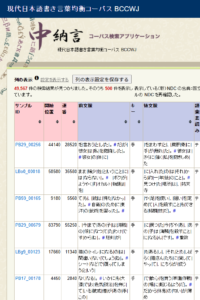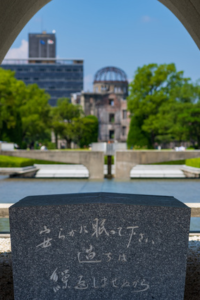
Japan’s largest and only large-scale dictionary of the Japanese language, the Second Edition of Nihon Kokugo Daijiten (Shogakukan Unabridged Dictionary of the Japanese Language; please refer to box), is undergoing its first major revision in 30 years. Shogakukan, the publisher of the dictionary, has announced that the Third Edition is scheduled to be published in 2032. They have considered the adoption of new digital technologies such as the Japanese corpora (please refer to photo caption) and AI for its editorial work. We spoke with Professor Emeritus Kondo Yasuhiro, an editorial board member and a leading corpus linguist, about how Nihon Kokugo Daijiten will shape the future of the dictionary and the Japanese language—and what role AI may play. [Nihon Kokugo Daijiten, Second Edition] 13 volumes + a supplementary volume Kitahara Yasuo, Kubota Jun, Taniwaki Masachika, Tokugawa Munemasa, Hayashi Oki, Maeda Tomiyoshi, Matsui Shigekazu, Watanabe ... ... [Read more]

